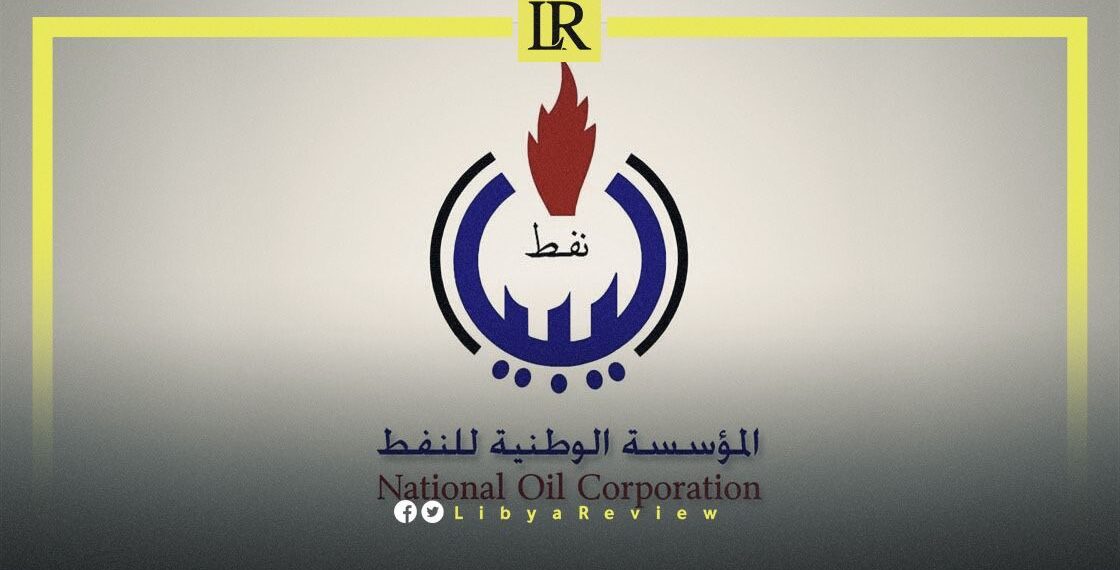Farhat Bengdara, the head of Libya’s National Oil Corporation (NOC), announced an initiative to rejuvenate the nation’s oil industry with an $18 billion investment across 45 new projects. In a conversation with Reuters, Bengdara revealed plans for an upcoming bidding round aimed at engaging leading global oil companies, expected to launch by the end of this year or early next.
Bengdara highlighted the NOC’s strategic operations across Libya, maintaining a high level of independence and cooperation with various government entities. He also mentioned the corporation’s foray into solar energy, aiming for both domestic use and potential exports to Europe, alongside acknowledging the underutilized capacity of the gas pipeline connecting Libya to Italy.
Currently producing about 1.25 million barrels of oil per day, Bengdara expressed confidence in Libya’s potential to return to its 1970s peak production levels of 3.4 million barrels daily. This optimistic outlook was shared during the International Energy Week in London, where Bengdara also pointed to the anticipated active participation in the upcoming oil exploration rights tender by major oil firms.
The exploration into solar energy reflects Libya’s efforts to diversify its energy sources, in line with global trends towards renewable energy. With only a fraction of the gas pipeline to Italy’s capacity being utilized, Libya sees an opportunity to enhance its role in the international energy market.
The NOC’s strategic investment plan marks a pivotal moment for the Libyan oil sector, aiming to restore and surpass its historical production levels. This plan is set to stimulate the recovery and expansion of Libya’s oil industry, which has faced setbacks due to political instability and infrastructural issues.
The anticipated exploration tender represents a key step in attracting international investment and expertise, signaling Libya’s progress towards a more stable and business-friendly oil sector. This initiative, along with efforts to diversify energy production, positions Libya to capitalize on its vast energy resources, driving sustainable development and securing a prosperous position in the global energy economy.


